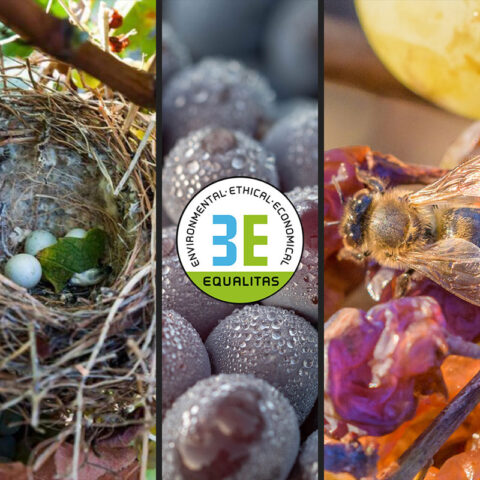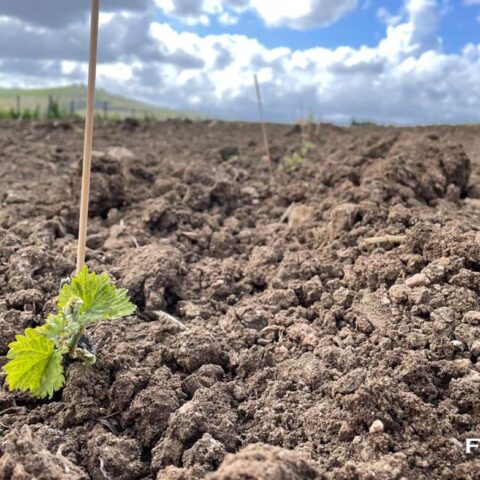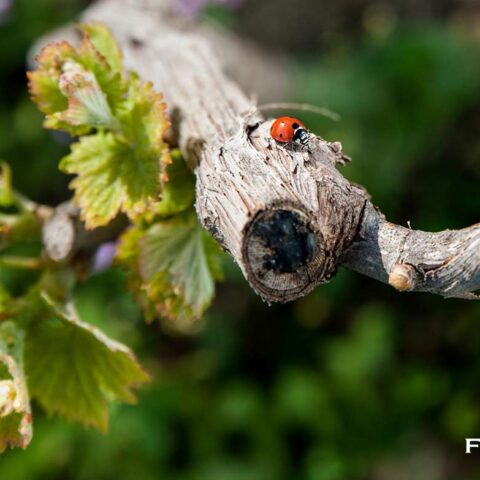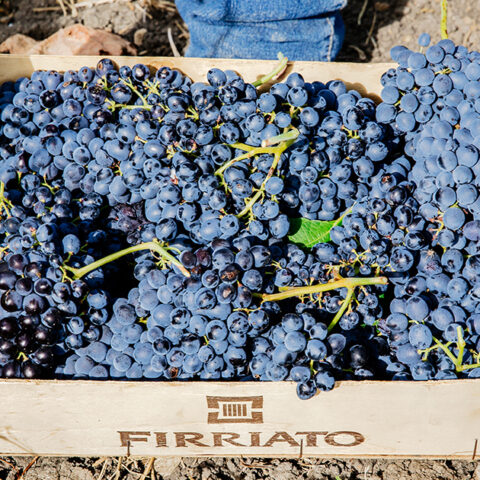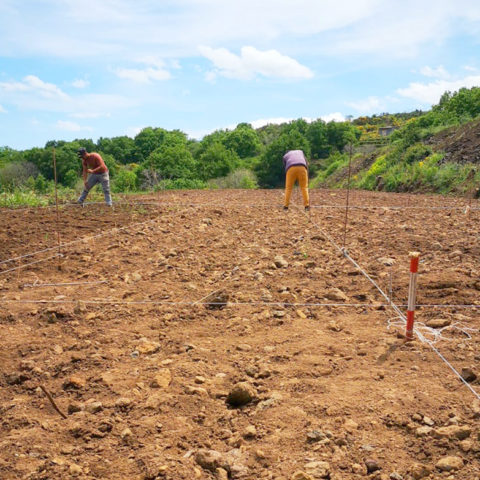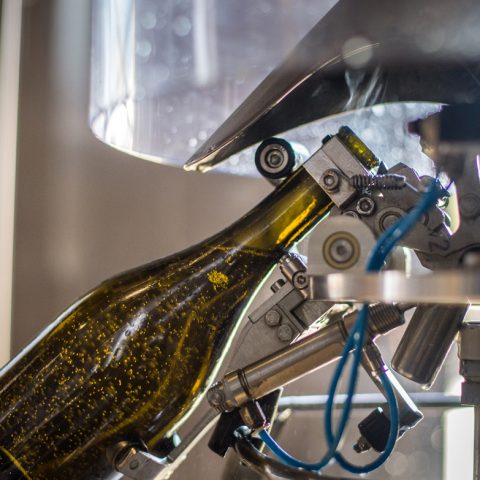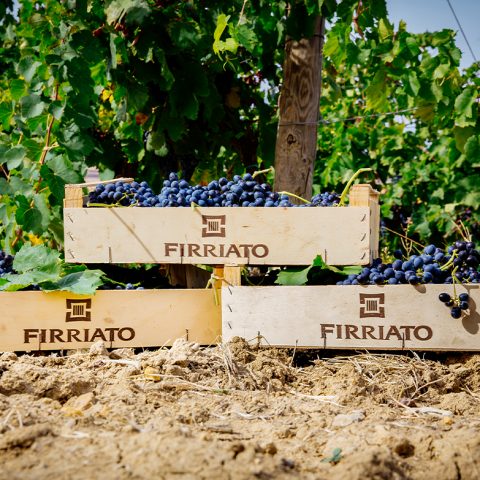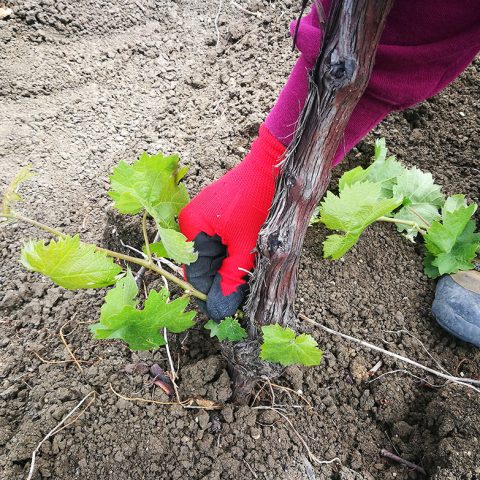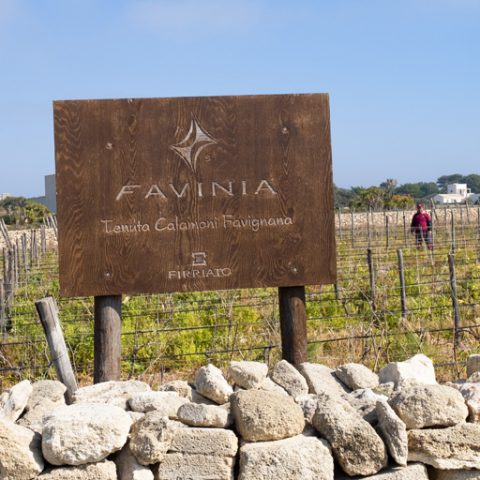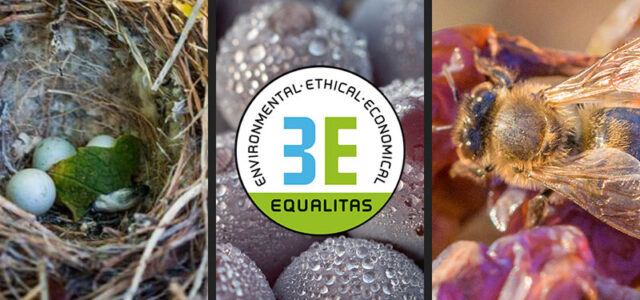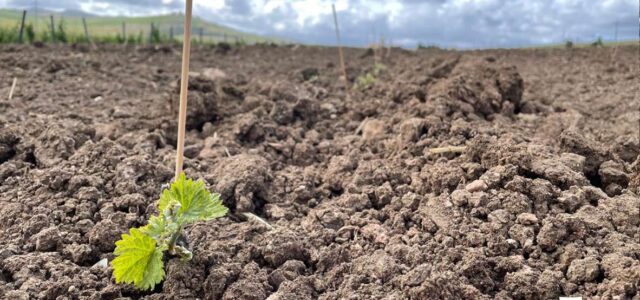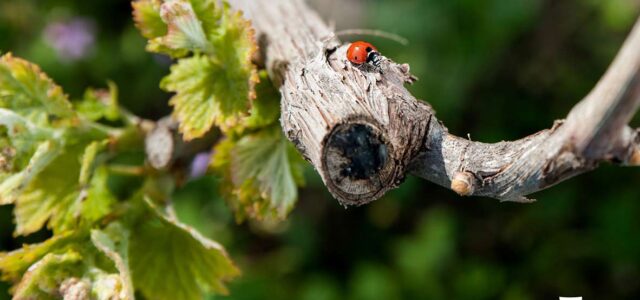SICILY’S PERRICONE
The Rediscovered Grape Variety
A long revival of 20 years

When Sicilian winemaking used to be synonymous with canopy crops, when the main goal of vine-growers was producing blending wines in great quantities, the least productive vines, elegant as they might be, were sidelined. Because of its very low yield, the history of Perricone always had to deal with this way of thinking. The heyday of Perricone was in the late 19th century when it was featured as a component of Ruby Marsala, because of the elegance and aromas it provided. Furthermore, Perricone could give that tannic element that is very important for the aging of Marsala. Perricone then practically disappeared due to two phenomena that marked the early 20th century in Sicilian viticulture. The plague of phylloxera in particular led most producers to gradually replace Perricone with other varieties, bringing it out of the Marsala wine scene. Quality-oriented cultivation of Perricone began some years ago when the renaissance of Sicilian wine gave way to the rediscovery of old cultivars and Perricone was elected as one of the varieties that could provide new impetus and infuse more personality to the island’s wines.
Difficult to Grow and Vinify
A great challenge for a great satisfaction
Perricone is a very difficult variety to grow. It is a late-maturing vine so you run the risk that the unpredictability of weather conditions could jeopardise its quality and phyto-sanitary state. Of all the native varieties grown by the Di Gaetano family, Perricone plays a prominent role in Firriato’s Genuine Terroir project. Indeed it reflects faithfully the soil and climatic specificities of the areas in which it is implanted while maintaining the organoleptic characteristics of the fruit. Its historical terroir has always been South West Sicily, and after careful analysis on the soils of their estates near Trapani, Firriato found the ideal conditions for its production in the clay and limestone soils of Pianoro Cuddia. The geological structure of the land of these estates allows the development of a plant with cylindrical or pyramidal bunches with very intense pigmentation and complex olfactory sensations.

Ribeca, the Harmonic Power of Wine
A tribute to our challenge in viticulture

The lands that receive Perricone give an excellent wine in terms of taste and organoleptic qualities, depending on the features of the soils and peculiarities of the terroir. This vine variety in the Trapani countryside comes with an interesting alcoholic content. These grapes grown in Pianoro Cuddia give life to Ribeca. The Perricone of this great monovarietal red wine is fermented in stainless steel tanks at controlled temperatures: then the aging in French oak barrels enhances the well-balanced tannins creating a harmonious and exclusive wine, as unique as the grapes that make it up. A deep scarlet colour, Ribeca opens to the nose with delicious aromas of ripe red fruits, then for beautifully embraces notes of spices and undergrowth. The taste is compelling, lavish, full of warmth and rare pleasantness: with its sublime elegance, it seduces and captivates at the first sip.







